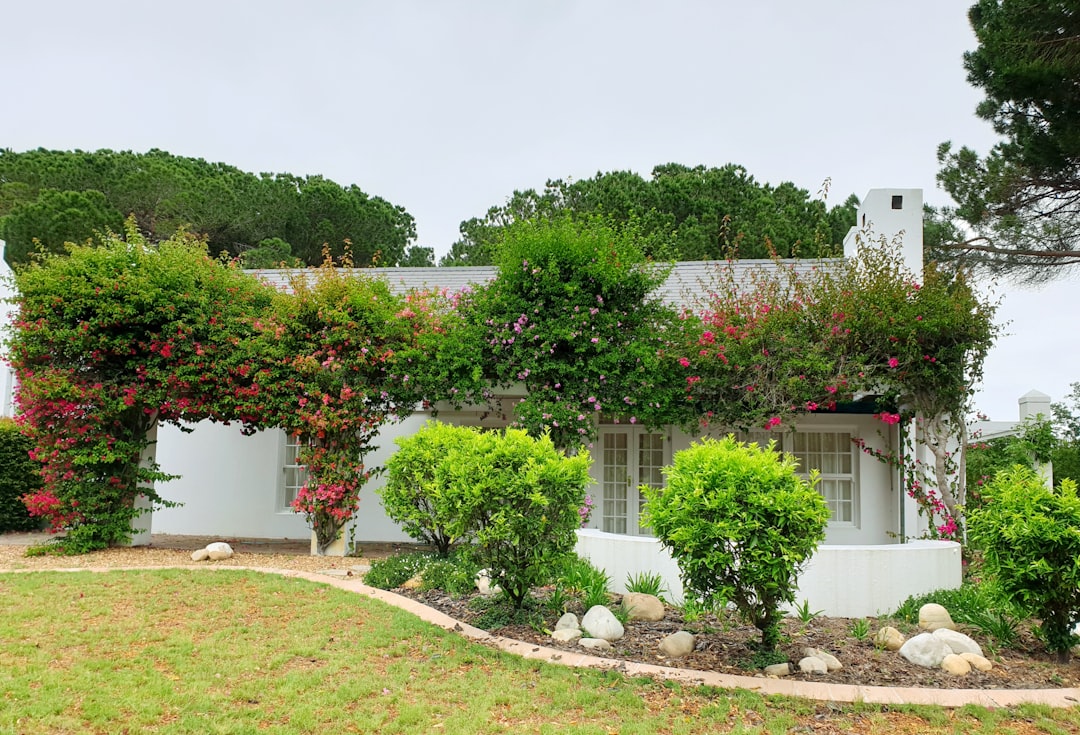Having a garden is a wonderful way to connect with nature and create a beautiful outdoor space. Whether you are a seasoned gardener or just starting out, choosing the right plants for your garden is essential to its success. With so many options available, it can be overwhelming to decide which plants to incorporate into your garden. However, with a little knowledge and guidance, you can create a thriving garden that suits your style and needs.
Consider Your Climate and Growing Conditions
The first step in choosing the right plants for your garden is to consider your climate and growing conditions. Different plants thrive in different environments, so it is important to choose plants that are well-suited to your specific location. Take note of factors such as sunlight, soil type, and rainfall in your area, as these will all impact the success of your garden.
For example, if you live in a hot and dry climate, you may want to choose plants that are drought-tolerant and can handle the intense sun. Succulents, such as cacti and agave, are excellent choices for these conditions. On the other hand, if you live in a cooler and wetter climate, you may want to opt for plants that thrive in shade and moisture, such as ferns and hostas.
It is also important to consider the size of your garden and how much space you have available. Some plants, such as trees and shrubs, require more room to grow, while others, like flowers and herbs, can be grown in smaller spaces. Be sure to choose plants that will fit well within your garden and won’t become overcrowded as they mature.
Select Plants that Fit Your Lifestyle
When choosing plants for your garden, it is important to consider your lifestyle and how much time and effort you are willing to put into maintaining your garden. If you have a busy schedule and limited time for gardening, you may want to choose low-maintenance plants that require minimal care. Succulents, ornamental grasses, and native plants are all great options for busy gardeners.
On the other hand, if you enjoy spending time in your garden and have the time to devote to plant care, you may want to choose plants that require more attention. Roses, vegetables, and exotic flowers are all beautiful options that will reward your efforts with stunning blooms and delicious produce.
In addition, consider your gardening experience and skill level when selecting plants for your garden. If you are new to gardening, you may want to start with easy-to-grow plants that are forgiving of mistakes. As you gain more experience, you can experiment with more challenging plants and techniques.
Choose Plants that Complement Your Garden Design
Another important factor to consider when choosing plants for your garden is how they will complement your overall garden design. Whether you have a formal, structured garden or a more natural, wildflower garden, it is important to select plants that fit the style and aesthetic of your space.
Consider the color, texture, and shape of the plants you choose and how they will interact with each other and the rest of your garden. Mixing different types of plants, such as flowers, shrubs, and trees, can create depth and interest in your garden. You can also play with different heights and shapes to add visual appeal and create a dynamic landscape.
When selecting plants for your garden, be sure to consider their seasonal interest and how they will look throughout the year. Choose a mix of plants that will provide year-round color and texture, ensuring that your garden remains beautiful and vibrant in every season.
Seek Advice from Local Experts
If you are unsure about which plants to choose for your garden, don’t hesitate to seek advice from local gardening experts. Visit your local nursery or garden center and speak with knowledgeable staff who can help you select plants that are well-suited to your climate and growing conditions.
Many nurseries also offer plant lists and gardening guides that can help you choose the right plants for your garden. These resources can provide valuable information on plant care, maintenance, and landscaping ideas that will help you create a successful and beautiful garden.
In addition, consider joining a gardening club or community organization in your area. These groups often hold plant swaps, workshops, and garden tours that can provide inspiration and ideas for your own garden. Connecting with other gardeners can also help you learn from their experiences and get valuable advice on choosing the right plants for your garden.
In conclusion, choosing the right plants for your garden is a personal and rewarding process that requires careful consideration and planning. By considering your climate, growing conditions, lifestyle, and garden design, you can create a beautiful and thriving garden that reflects your style and preferences. With a little research and guidance, you can select plants that will flourish in your garden and bring joy and beauty to your outdoor space.


